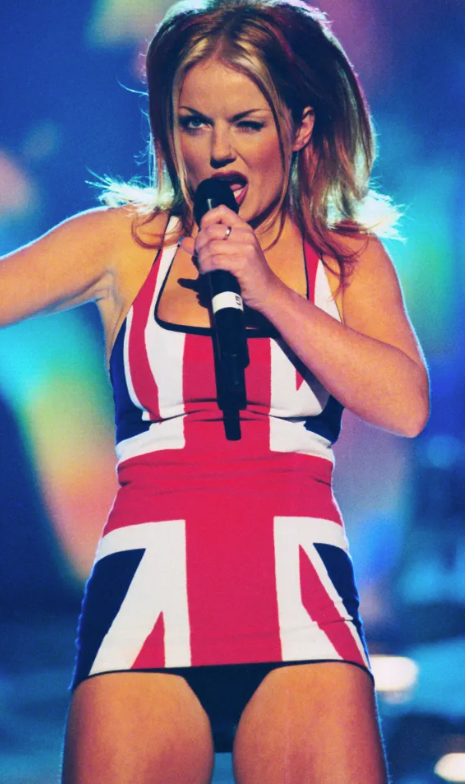School culture day: What is culture, anyway?
- Shilpa Saul
- Jul 24, 2025
- 3 min read

OK, so I’ll admit it (and it may not come as a huge surprise to you), I’m a HUGE Spice Girls fan. They burst onto the scene when I was in my 2nd year at Uni (communication, culture and media) and I was desperate to write my final dissertation on "The redefinition of femininity in the 90s with reference to the Spice Girls”. My course tutor rolled her eyes and said they wouldn’t even be around by the time I’d finished writing it. Just call me Simon Cowell.
I still remember Dani Behr looking a bit shell shocked after their performance on The Word and Patrick Cox's Wannabe T-shirts that had nothing to do with the Spice Girls but I queued up outside the King’s Road shop to get one anyway. And then in the early Noughties I purchased an epic Union Jack blazer from the iconic Big Topshop in Oxford Circus (RIP).
Why (oh why oh why) am I wanging on about 90s pop culture? Because, honestly, I was happy to see a young girl deciding to dress as Geri Halliwell for her school culture day. I’m not going to get drawn into what happened next - that’s yesterday’s news and we all already know (manufactured outrage, the school closed down, she’s now speaking at a Tommy Robinson event). Over on the TikTok, I loved reading the comments on this story which included:
“The Spice Girls were literally described as a CULTURAL phenomenon. This dress absolutely defines British culture” (Bexybeatdown)
“Pop culture is not the same as traditional culture. It’s not the same” (Gracie Clancy)
“And at what point can we adopt new forms of culture? At some point every single ‘cultural’ thing we know about Britain was new. Culture doesn’t have to be historical. Does this mean British culture can never evolve? The Spice Girls were more than just ‘pop culture’. They reflected the cultural behaviour of the time and had a lot of influence on society and the way we think, behave and interact with each other.” (Bexybeatdown)
What’s interesting to me is this conversation about culture, particularly as every brand marketer and creative agency seems to be talking about it like it’s some hot, new trend.
According to another lecturer of mine, the late Jim Mcguigan, “‘Culture’, it is often remarked, has two general fields of referent: first the arts and higher learning; and second, ways of life”.
Or in other words, culture isn’t just about Shakespeare - it can also be about the Spice Girls. It’s how we live, what we value, how we interact.
Here’s my take:
In the scramble for brands to suddenly be part of ‘culturally relevant’, we risk turning culture into currency - stripped of context, meaning, and complexity.
Authentic cultures will be eroded by commercialising ‘ways of life’ (see my previous articles on cultural appropriation)
We will move from cultural imperialism (the dominance of one culture over others) to ‘cultural occupation’, where brands actively occupy existing cultural spaces without invitation or encouragement
Worse still, we risk ‘culture’ being weaponised by the ‘woke brigade’ and their critics alike; reduced to a battleground where wearing a flag or celebrating heritage triggers outrage or dismissal. Suddenly, culture is a zero-sum game and a dangerous one at that.
My warning to the creative industries: treat culture with the respect it deserves. Culture is not (just) a trend or a strategic territory. True culture (whether historic or not) is something layered, lived, and constantly evolving. Commit to understanding culture in all its complexity. Otherwise we’re not celebrating culture. We’re commodifying it. And that’s a game nobody wins.